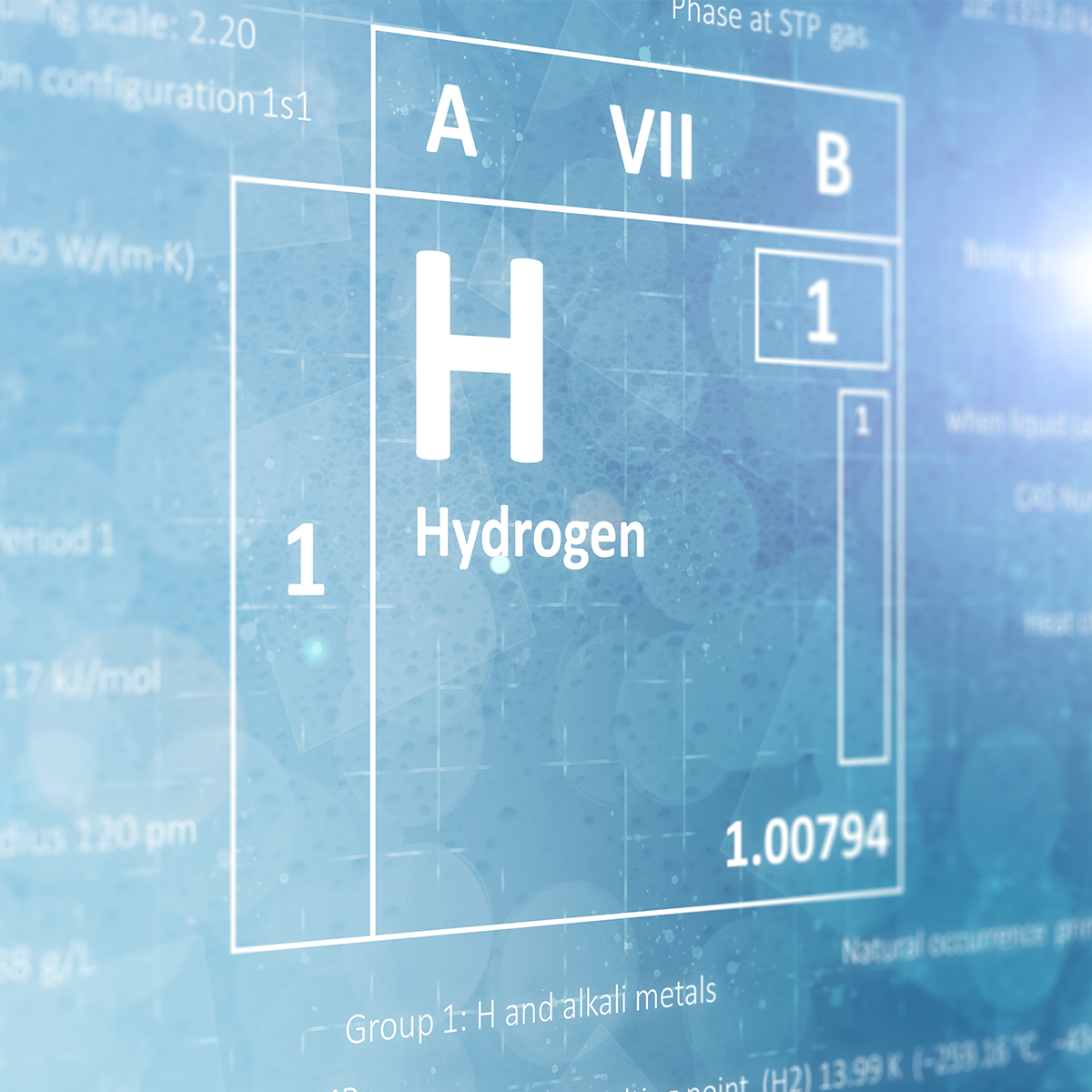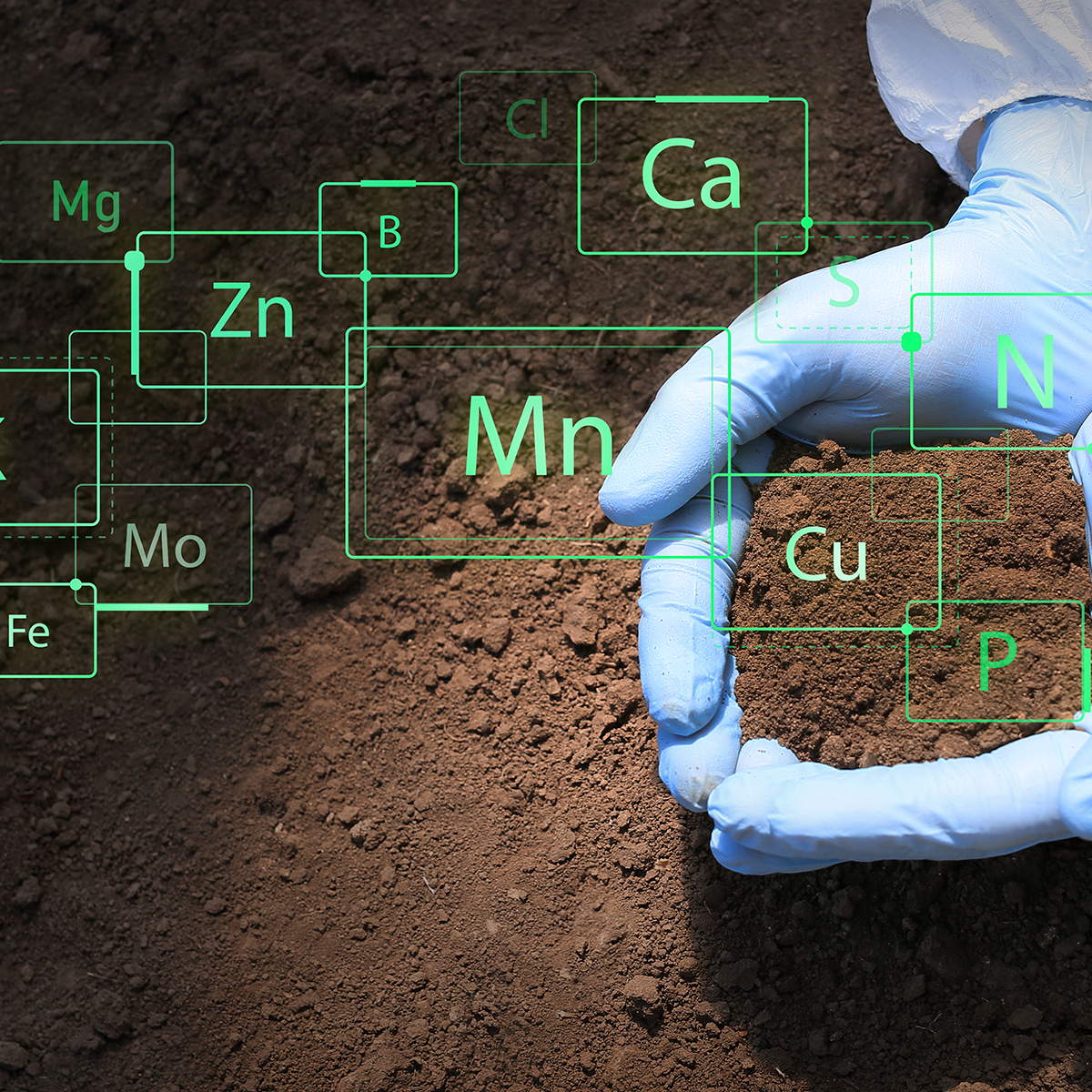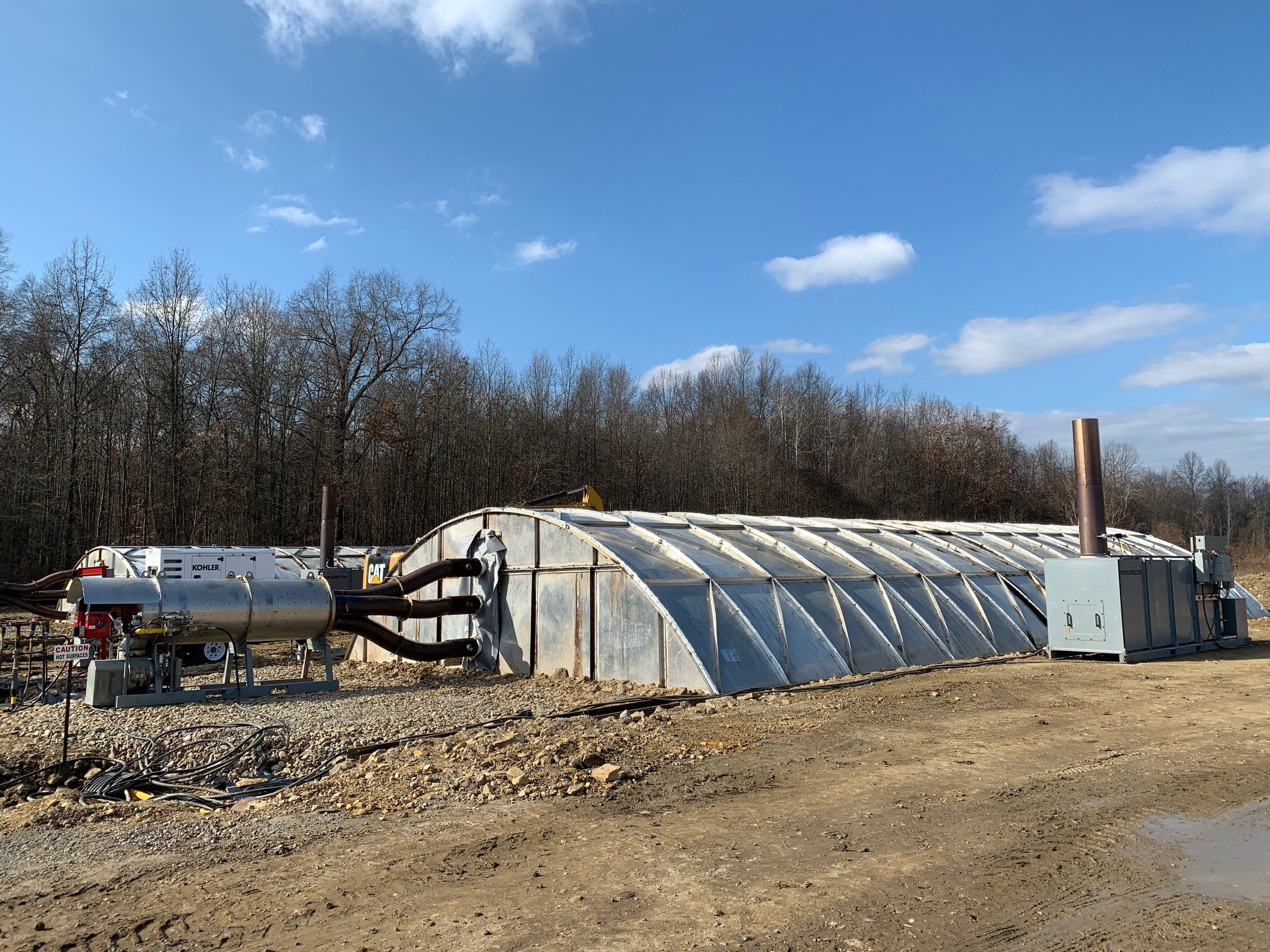
Hydrogen-Powered Technology: The Green Future of Environmental Restoration
Iron Creek’s technology is superior to traditional soil remediation technology for a number of reasons. It’s emergency ready, space efficient and scalable. There’s no waste, meaning one hundred percent of soil and sludge contamination is treated, keeping pollutants out of landfills. The technology treats all organic contaminants, including PFAS, hydrocarbons, explosives and more.

Guidance on PFAS Remediation
There are thousands of different kinds of PFAS. Overall, qualities like moisture-repellence and flame retardant which made them so appealing for commercial use are the same qualities that make them break down slowly and accumulate in the environment. Today, you can find at least small concentrations of PFAS in nearly any place you can imagine– water, air, soil, people, animals, food.

Remediating Soil While Preserving Soil Structure
Pollutants can build up and degrade the soil. This decline in soil quality is extremely problematic, but the risks don’t stop at erosion and crop yields. When toxins sit in the soil, they can permeate groundwater and pollute water tables. As we know, when water sources are affected, the matter becomes dire. One only needs to look to Red Hill in Hawaii, in which residents were sickened and displaced as a result of aging infrastructure that leached fuel into the drinking water.

ETC Soil Remediation, A More Efficient Way to Treat Explosives-Contaminated Soil.
After years of sitting dormant, the Army had plans to develop the site into a training facility. Iron Creek's team set up ETC cells in the fall of 2020 to remediate a small 6,000 tons of explosives-impacted soil consisting of TNT, Composition B (a combination of TNT and RDX), sulfates, nitrates and organic compounds.
Not only did the ETC soil remediation technology achieve results that exceeded the Industrial Remedial Goal Options (RGO) and EPA regulations, but the site was ready for development in just three months.

Red Hill Needs to Think About the Soil— STAT.
There’s no doubt that clean drinking water is a critical first step for Red Hill. The second step to consider is the contaminated soil around the area before rains push the contaminants from the petroleum-impacted soil back into the water tables.
